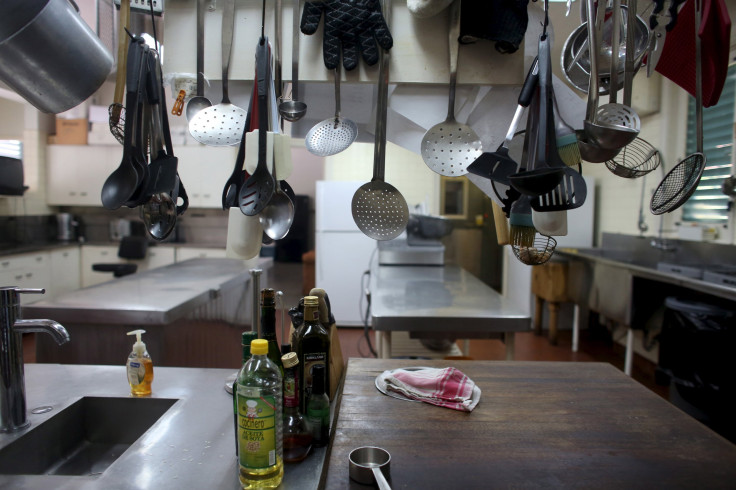Should You Stand In Front Of The Microwave Oven As Your Food Cooks?

Many people still wonder if standing in front of the microwave oven and watching their food heat up will give them cancer.
After its accidental invention by Percy Spencer, the way we heat food was forever revolutionized. First sold in 1946 for around $5000 apiece, it was known as a Radarange and stood about 6 feet tall while weighing approximately 750 pounds. It was only in 1967 that the more affordable counter-top variation we know today became available.
Since microwave ovens use radiation to heat our food, do we have a cause for concern? In short, not really.
Microwaves are a form of electromagnetic radiation or energy waves that move through space. Electromagnetic radiation can be in various forms, such as radio waves, visible light, X-rays and gamma-rays. But isn’t radiation bad for you?
Generally, radiation is classified as ionizing or non-ionizing and is based on whether it possesses the energy to displace electrons from atoms. Being able to do so is dangerous to humans as it can alter the structure of cells and the DNA they hold, giving rise to cancer.
X-rays and gamma-rays are types of ionizing radiation that are known to damage cellular DNA and cause cancer. However, you will need a large amount of radiation for that to happen.
Microwaves are a type of non-ionizing radiation and are therefore not known to damage cellular DNA, according to the American Cancer Society.
But do not think that microwaves are risk-free. Microwaves heat up your food by causing water molecules to vibrate, generating heat. It is like rubbing your hands together repeatedly, do you feel them getting warm?
Just like the foodwe heat up, our flesh can be heated up too, theoretically speaking. At high levels, microwaves can cause burns and cataracts, as mentioned by the FDA. On the other hand, these types of injuries are very rare and usually occur when high levels of radiation leak through gaps in the seal.
All FDA-approved microwave ovens are designed to prevent such leaks. Two interlock systems stop microwave production immediately when the door is opened. Additionally, these ovens have an in-built monitoring system that stops the device should either of the interlock systems fail.
So unless the door hinge, latch or seal are damaged, there is "little cause for concern" about excess microwaves leaking out from your oven, the FDA said.
© Copyright IBTimes 2025. All rights reserved.





















